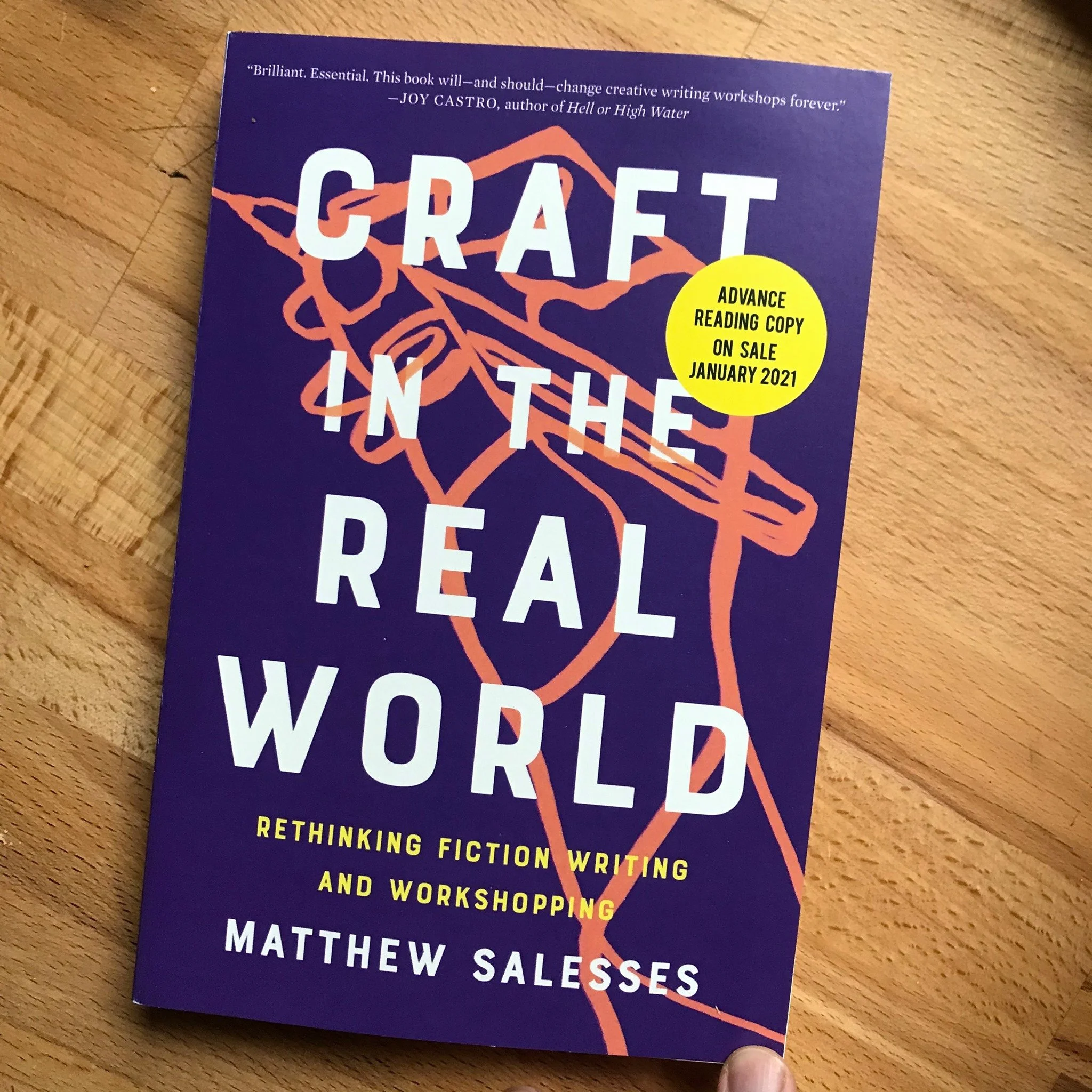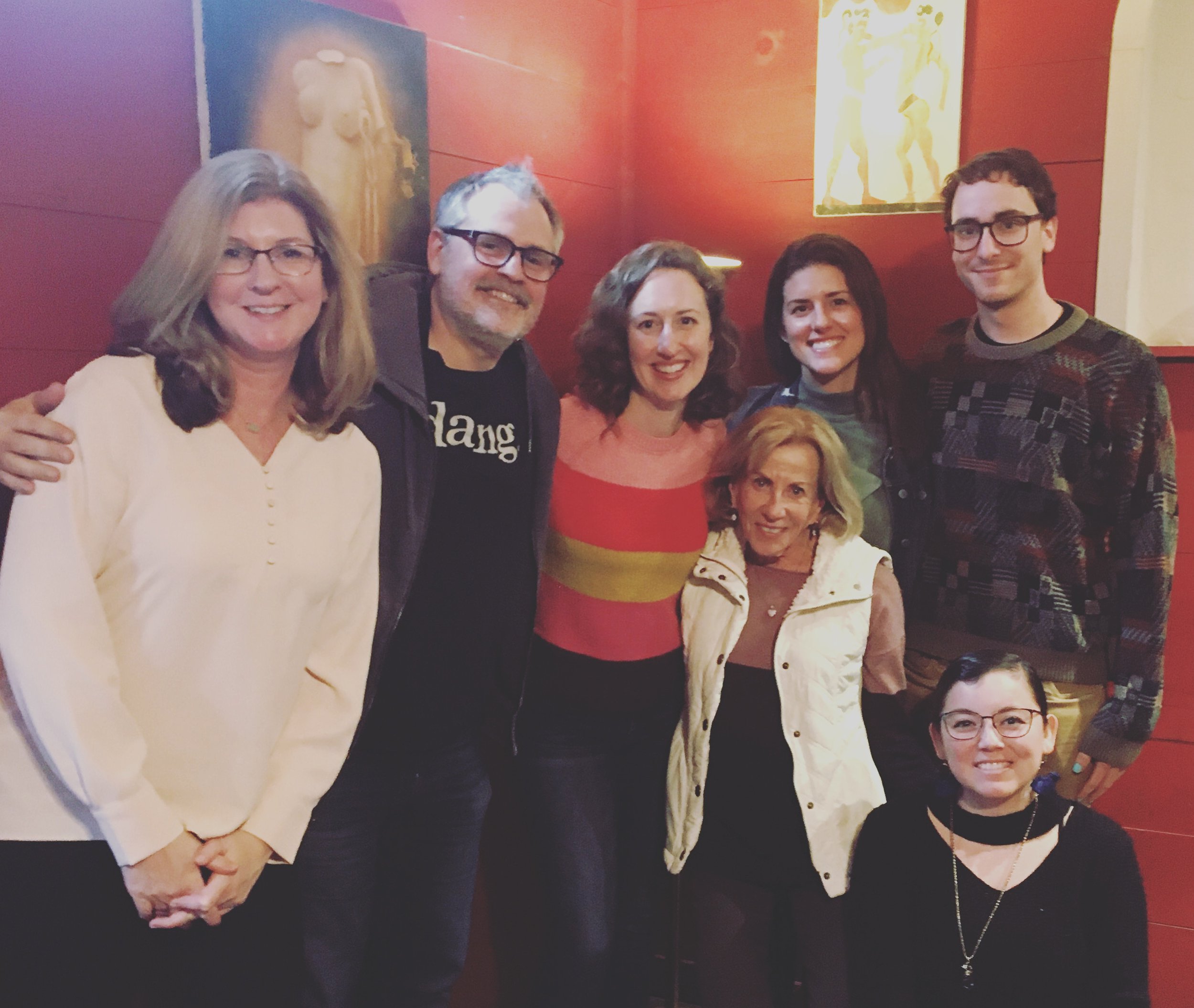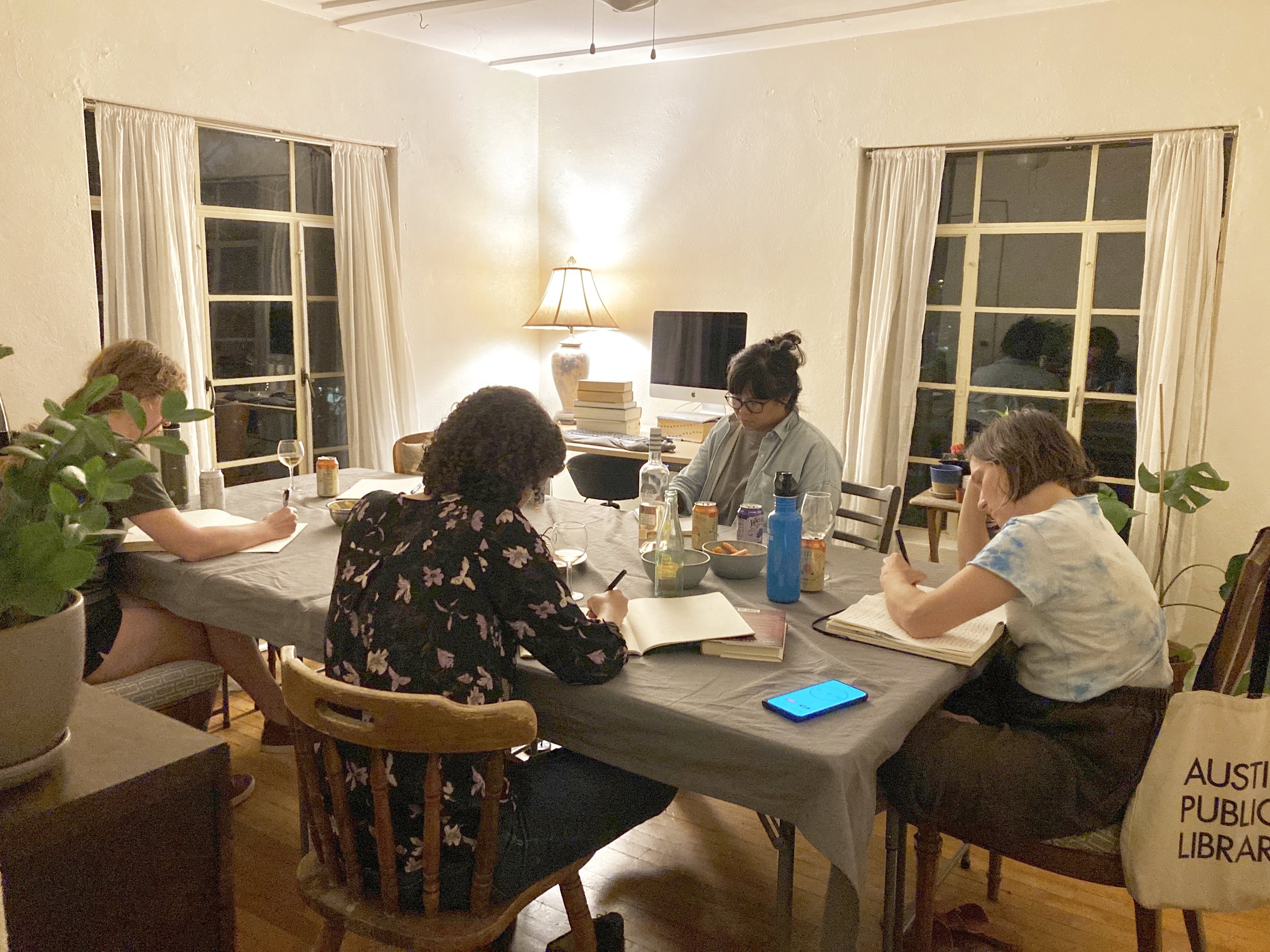fresh ink writers’ studio
For the writer who dreads workshops:
A non-traditional, author-centered workshop that facilitates insightful, collaborative learning to help you more deeply understand your story and how to tell it.
The June Writers’ Studio is now sold out! To join the waitlist, go here.
In this four-week workshop, you will:
receive nuanced, supportive feedback on your work-in-progress
get expert instruction tailored to your current writing needs
form lasting, trusted bonds with your fellow writers
participate in an “author-centered” workshop focused on authenticity, vulnerability, and a deep understanding of the drafting process
“If we must be willing to risk ourselves in our writing, we must be willing to risk ourselves in how we teach writing. It is time for workshop to change.”
— Matthew Salesses
“It is the instructor’s responsibility to remake things—and that starts with burning the old models down.”
––Matthew Salesses
the author-centered workshop
When I started leading writing workshops, I knew I wanted to lead a different kind of workshop than the ones I’d experienced in my Masters program.
In those classes, I’d often found myself frustrated by the male-dominated conversations and the focus on highbrow, realistic fiction as the ideal form of writing. As a woman writer interested in magical realism and young adult fiction, these workshops often didn’t seem like a welcoming place for me.
So I decided to do things differently.
-
When I began leading workshops of my own, I was determined to make them more open-minded, supportive, and inclusive for writers.
However, what I didn’t fully realize was that—despite striving to make my workshops different—I was still re-enacting a workshop model developed by white male writers for white male writers.
It wasn’t until I read Matthew Salesses’ book Craft in the Real World that I fully recognized how the traditional workshop model was perpetuating practices that didn’t make sense for me and my teaching philosophy.
-
Matthew Salesses’ book challenged me to question many teaching methods I’d taken for granted before.
For example, why did writers have to stay silent in class while their work was discussed? Couldn’t better and more helpful conversations arise from an open dialogue between writers and readers?
And why did workshops critique first drafts of stories as if they were final drafts, offering advice for revision while authors were still figuring out what their story was about? Wasn’t it better to ask questions to help the writer clarify their meaning rather than push the writer in a certain direction?
-
Now, instead of simply using the workshop model handed to me as an MFA student, I embrace alternative workshop models that generate more insightful conversations and help both readers and writers have more meaningful, uplifting workshop experiences.
-
In class, instead of fretting over getting your story just right before sharing it with others, you’ll be encouraged to show up vulnerably, with a messy first draft, knowing that your fellow writers are here to support you in finding your story’s best form.
Workshop discussions are fun! When workshop becomes a collaborative dialogue, it loses the charge and pressure traditional workshops can often have (have you ever broken into a hot sweat in an unsupportive workshop? I know I have!). Writer’s Studio workshop discussions are a joyful, uplifting process.
In class, we don’t just talk about what might be changed in your next draft—we also delve into the “how” around revision (a notoriously tricky process!) so you’ll leave class feeling empowered and excited rather than deflated.
-
"Jaime leads workshops with deep thought and compassion. She fosters a positive environment in which everyone feels comfortable to both offer and receive feedback, and leads our discussion toward common elements that help us help each other."
-Mark B.
-
"Jaime is an outstanding teacher and workshop leader! I was really impressed with how much effort and preparation she brought to each workshop session, providing thoughtful, detailed feedback for everyone there."
-Laci M.
-
"I am so grateful for this class! I think the most valuable part was experiencing the deep and generous engagement with my writing. The environment jaime facilitated was respectful, well-paced, and very engaging."
–Katie C.
What is Writers’ Studio?
Writers’ Studio is a four-week in-person workshop made up of a small group of writers who are all gifted creators and highly engaged classmates.
The studio allows writers developing a work-in-progress to gain a deeper understanding of their story and learn how to tell it in a way that resonates with readers.
Studio takes place in my home office in the Cherrywood neighborhood of Austin—a peaceful, light-filled space conducive to creative work!
what you’ll gain
a deep understanding of craft techniques
thoughtful, nuanced feedback on your work-in-progress
new insight into how to undertake your revision
lasting, trusted bonds with the writers in your class
a positive, inspiring collaborative experience
workshop format
Each two-hour session begins with 45 minutes of teaching and guided exercise work, with the rest of the session devoted to discussing students’ writing.
What you can expect:
Thoughtful, tailored lessons and prompts that I’ve developed over years of teaching workshops
A clear definition and framework for author-centered story discussion, drawn from Matthew Salesses’ book Craft in the Real World
Lively, fun, and supportive dialogue around student stories
Trusting relationships with other writers whose work you respect and admire
workshop details
Class dates: June 7, 14, 21, and 28, 1–3pm
Maximum enrollment: 6 students
Class fee:
$350 (standard)
$325 (Creative Community members)
$300 (Writer’s Transformation Project alumni)
“I believe in workshop as a shared act of imagination, in the ability of many minds to foster the growth of one by one by one through conversation.”
— Matthew Salesses
when studio wraps up
At the end of the four-week session, you’ll have the opportunity to re-enroll in the next month’s session at a discounted rate.
Writers’ Studio provides the opportunity for writers to experience ongoing support, with flexibility to take time off when needed.
-
“Craft is never neutral. Craft is the cure or injury that can be done in our shared world when it isn’t acknowledged that there are different ways that world is felt.”
Matthew Salesses
-
"I believe in the vulnerability of process and the process of vulnerability."
Matthew Salesses
-
“What we call craft is in fact nothing more or less than a set of expectations. …The more we know about the context of these expectations, the more consciously we can engage with them.”
Matthew Salesses




